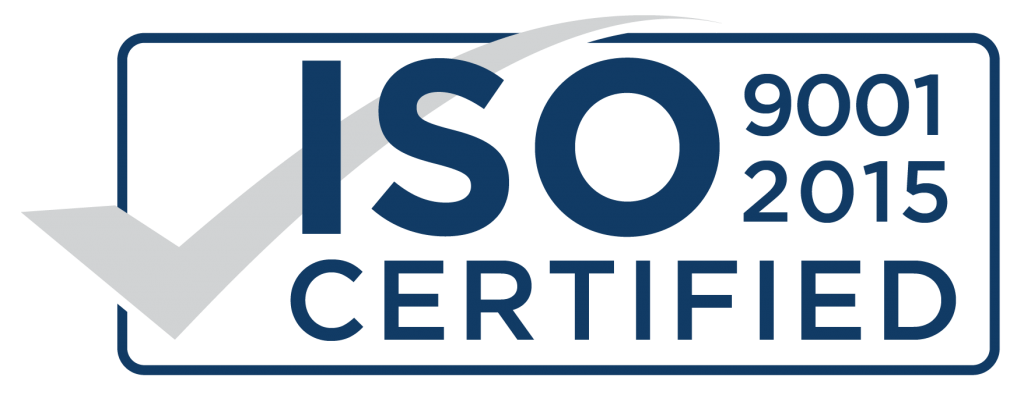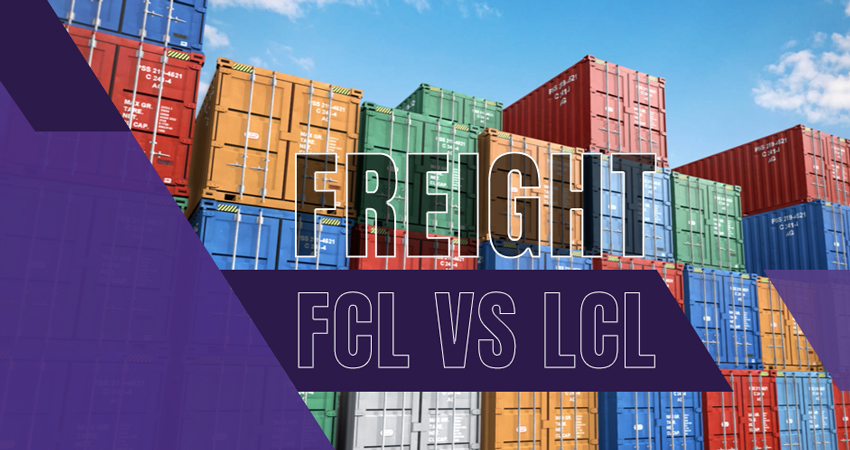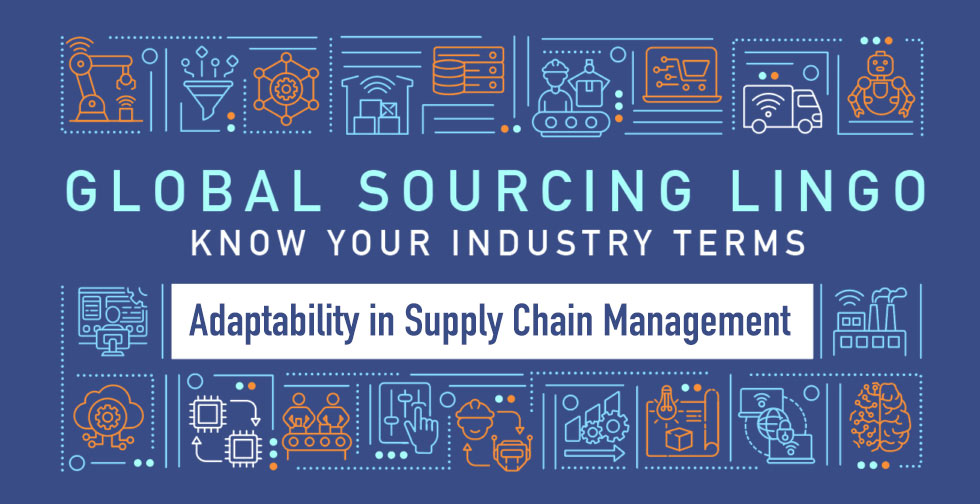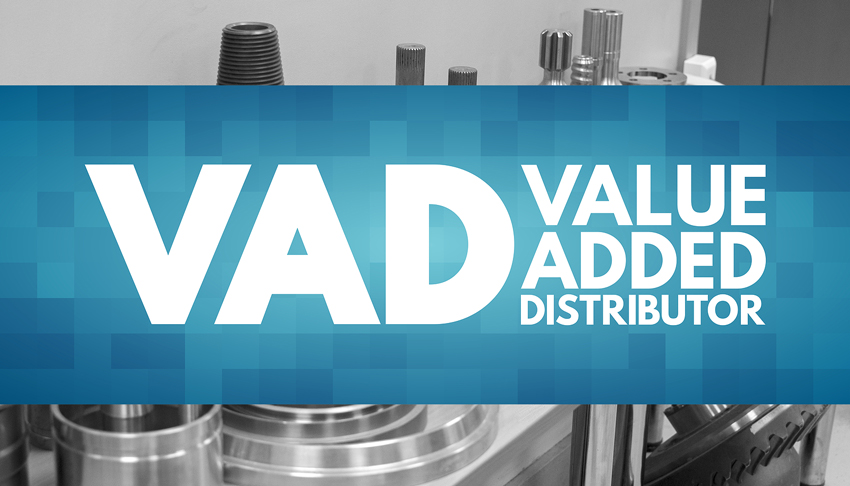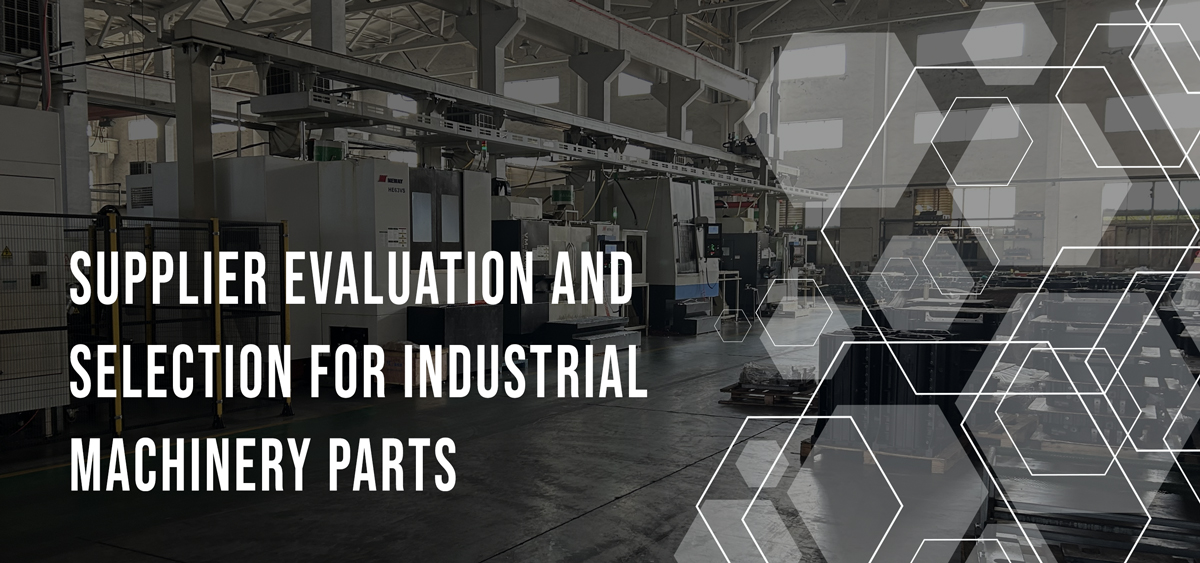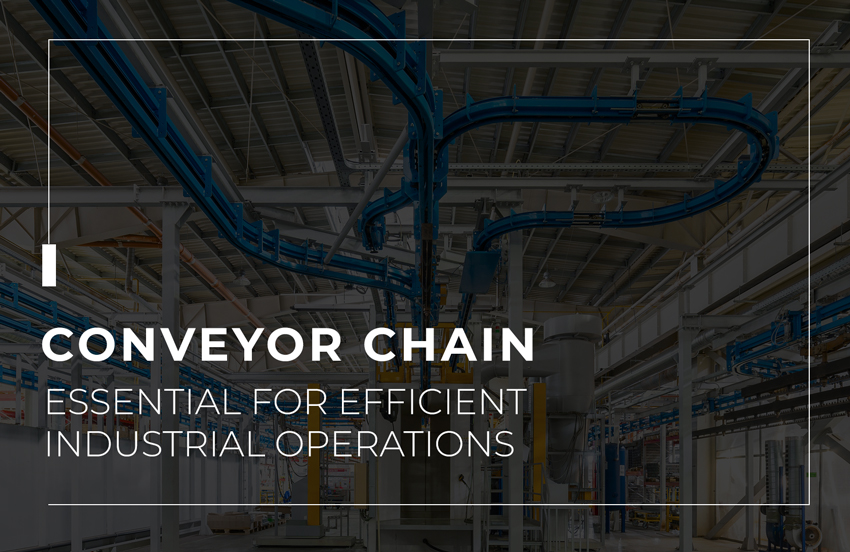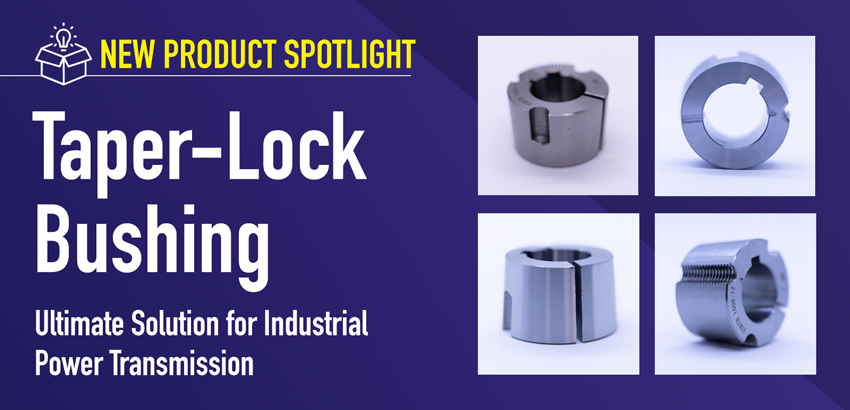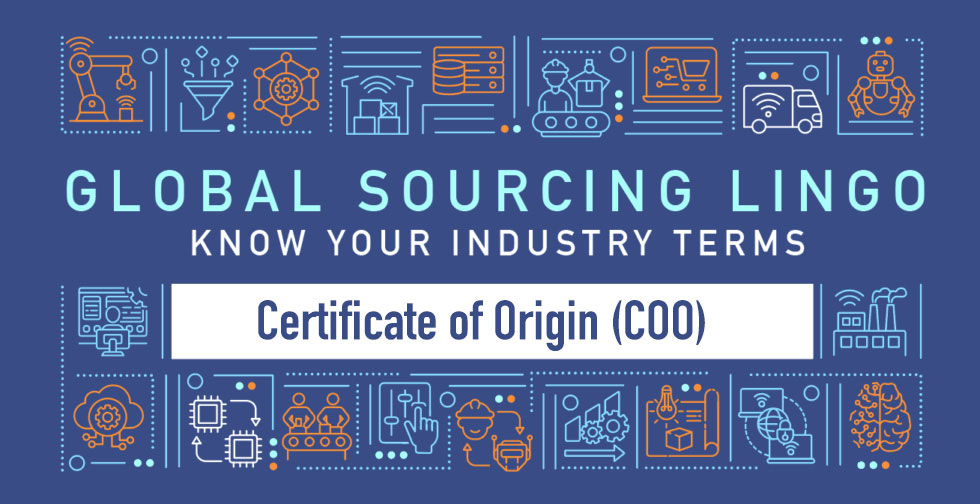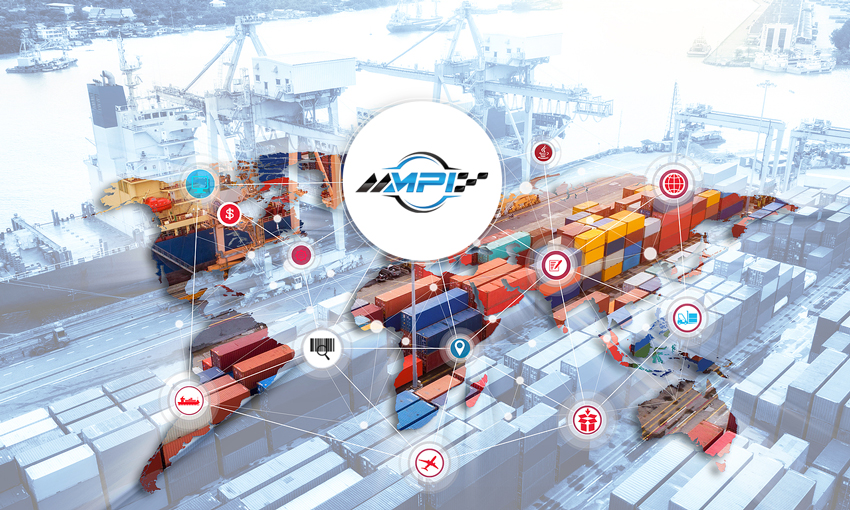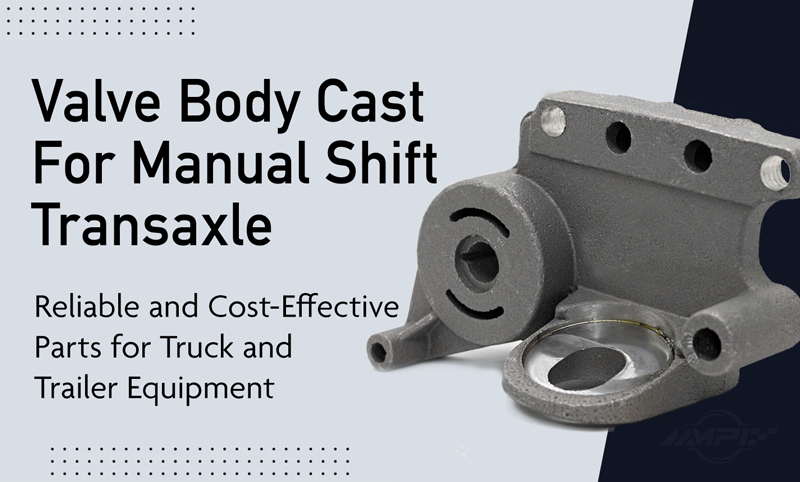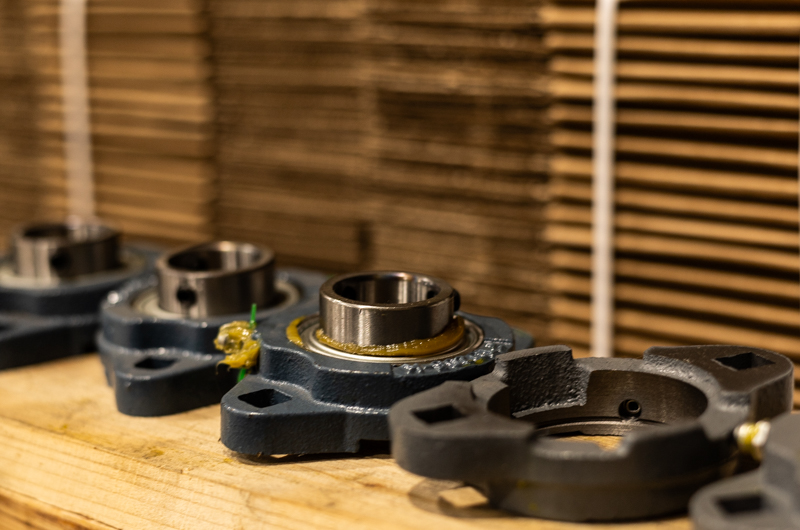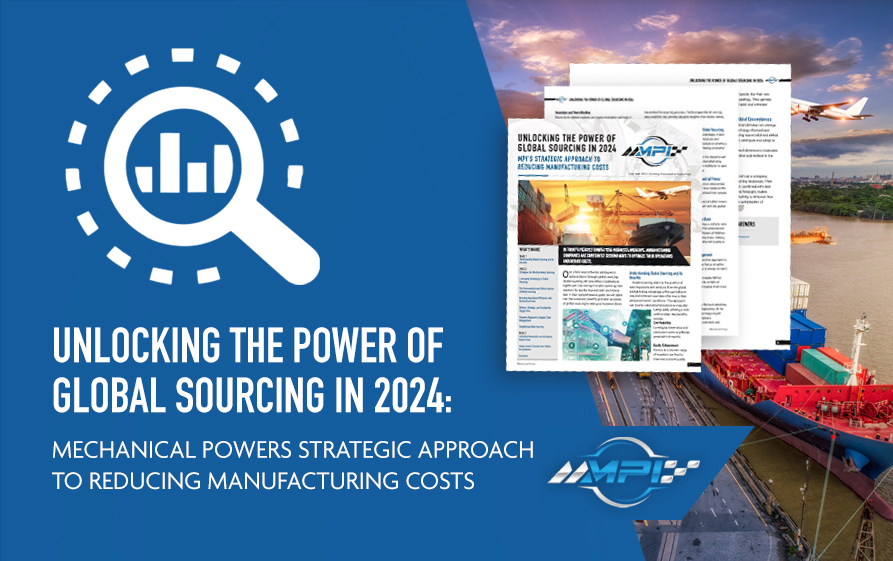There may only be one letter that’s different in FCL and LCL, but there are some big differences we want to talk about. Answering the questions in this article will help you to decide whether LCL or FCL best suits your international shipping scenario.
How Big Is Your Consignment?
The volume of goods you’re moving (usually measured in cubic meters) has a big role to play in whether you ship them as LCL or FCL consignments. LCL is typically the best option for volumes of between two and 13 cubic meters.
FCL shipping is usually the most cost-effective choice for volumes greater than 14 cubic meters, which is half the capacity of a standard 20ft shipping container. A handy calculator is available to help you work out the volume of your consignment.
How Heavy Is Your Consignment?
Choosing the best way to ship goods is something a freight forwarder can help you with. Ocean shipping is usually the most cost-effective option for shipments weighing more than 100 kilograms. You might want to consider air freight if your cargo is lighter than that, assuming it’s small enough to be shipped on an aircraft and safe to do so. Very heavy or awkwardly-shaped cargo may not be suitable to ship in a container at all, in which case break bulk is an option to consider.
What’s Your Budget?
Both FCL and LCL ocean shipping are typically less expensive than air freight. Ocean shipping rates vary, usually based on the level of demand. FCL prices tend to be more volatile than LCL, but during busy shipping periods such as peak season from August to October, or the weeks leading up to China’s Golden Week national holiday (1st to 7th October), prices tend to increase. This is due to the limited availability of containers, vessels, and staff to load and process shipments. You may find it easier to book LCL shipments than FCL during these periods.
Which is Cheaper, LCL or FCL?
There is no way to compare the overall cost of FCL and LCL freight services. Many variables affect the cost of shipping.
Which is Faster, LCL or FCL?
The transit time for FCL and LCL shipments is usually the same. Where timings can vary is before and after the physical shipment of the goods. FCL requires no consolidation or deconsolidation, so processing freight is usually faster. But, as mentioned above, if your cargo is added to an LCL container at the last minute, shipment time can be as quick, if not quicker, than an FCL shipment.
Ready To Decide Between LCL and FCL?
Information is power, and hopefully, this article has given you the information you need to decide whether FCL or LCL shipping is best for you. If you’re shipping goods in a container, you’ll need to choose one or the other.
The weight, volume, size, and nature of your goods all play a key role in your decision—and so can your freight forwarder.

Resourceful and innovative Marketing Pro, with 20+ years of progressive experience in the marketing and creative technology industry. Responsible for digital and traditional marketing efforts that promotes brand awareness, increases engagement, and drives revenue.

